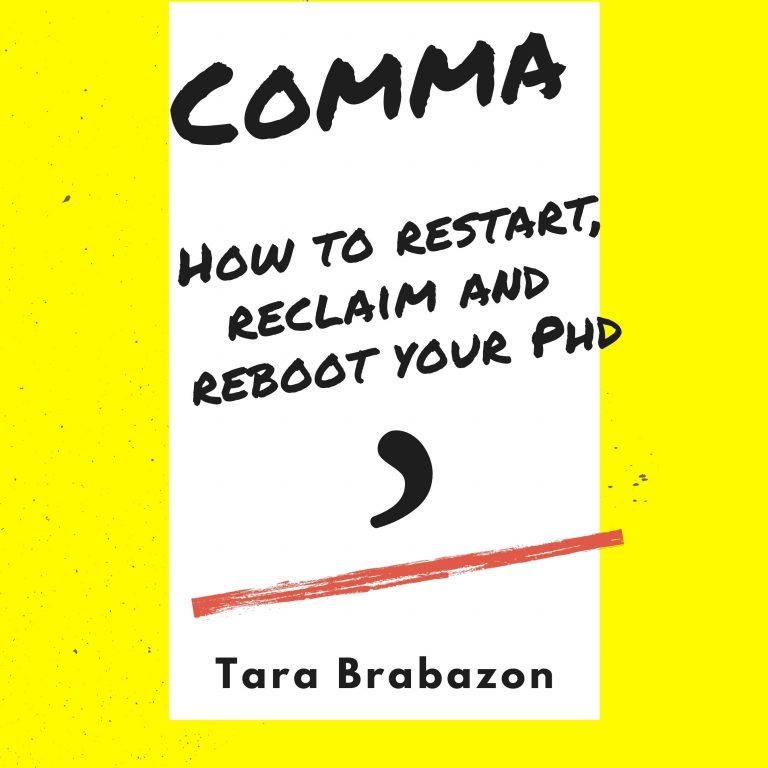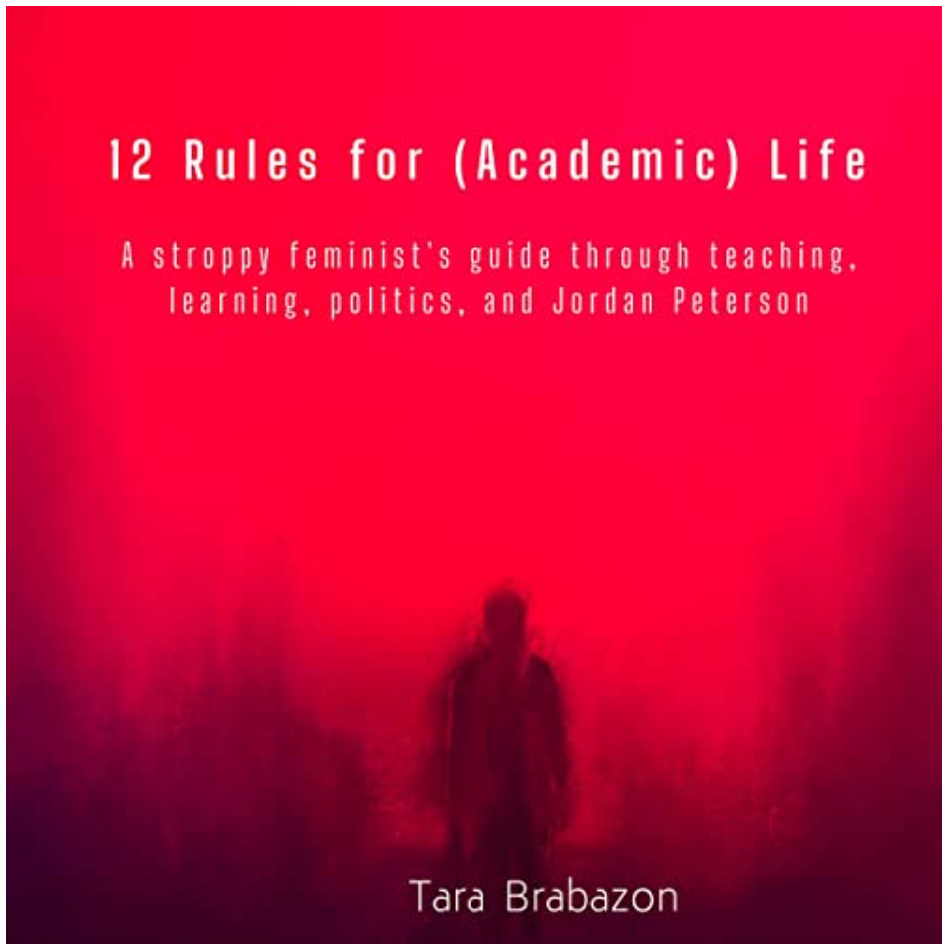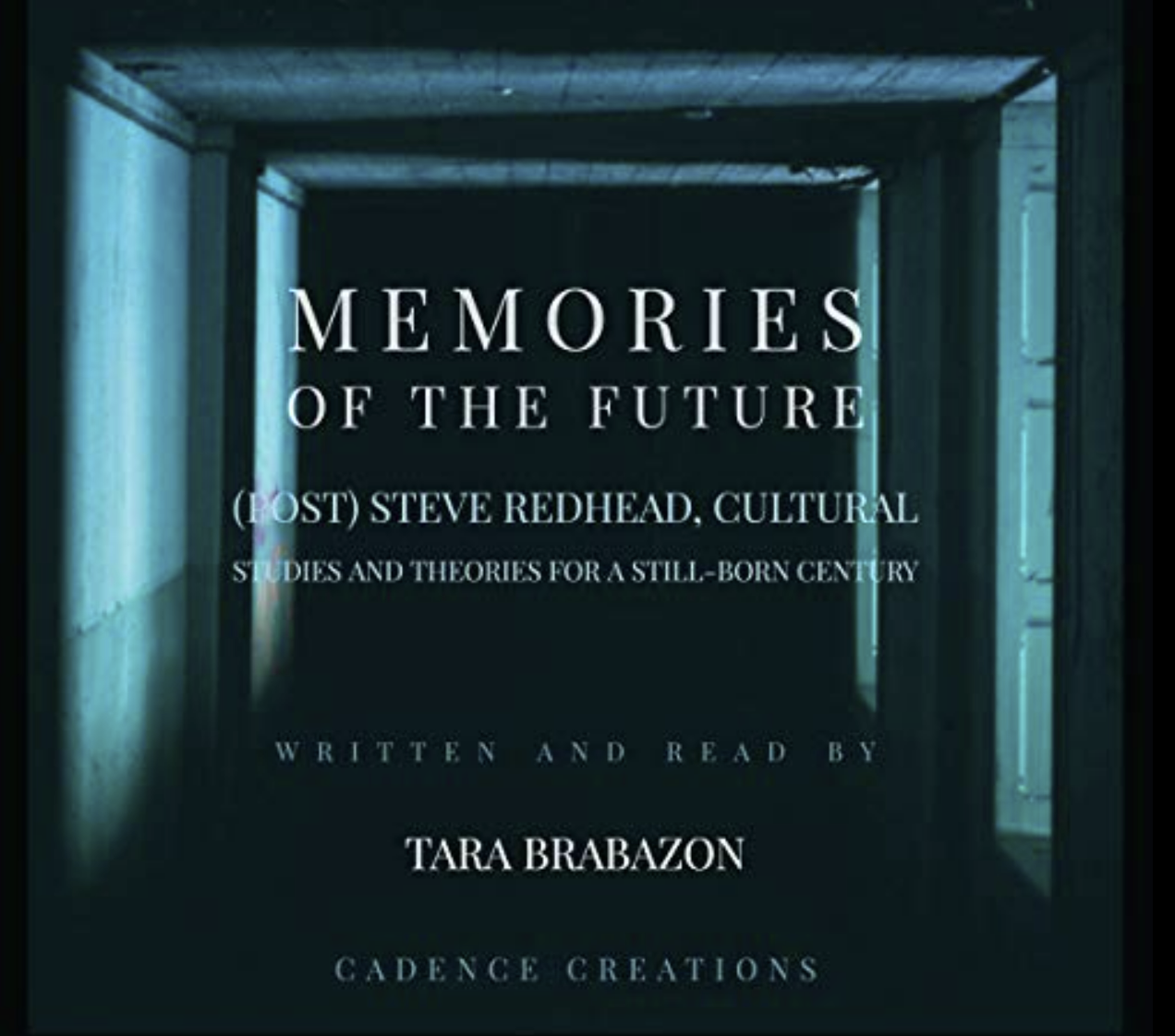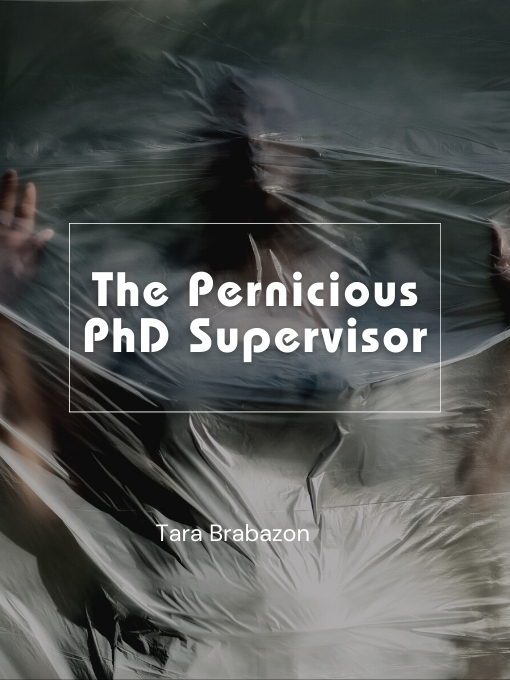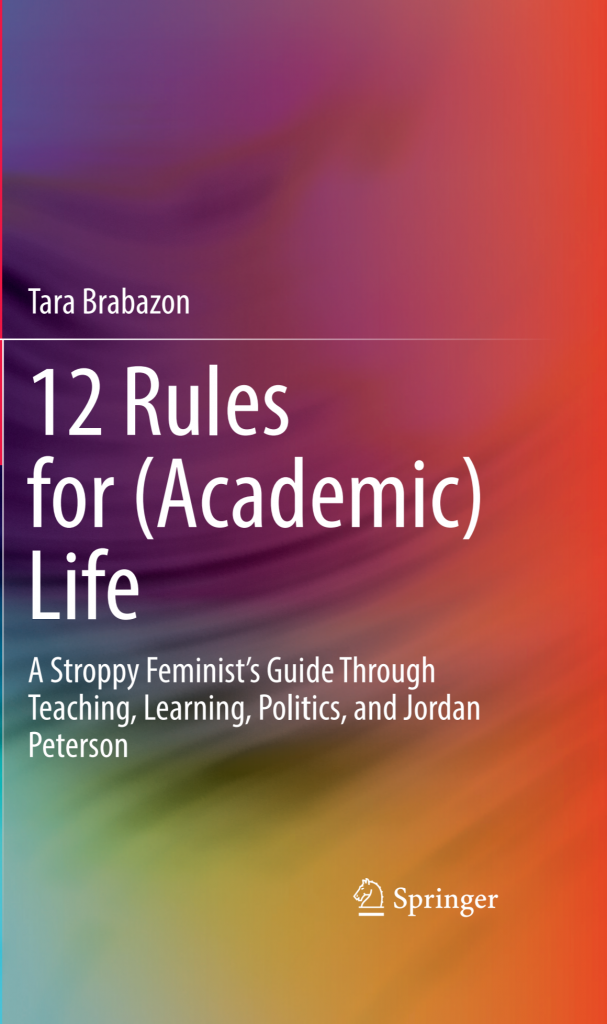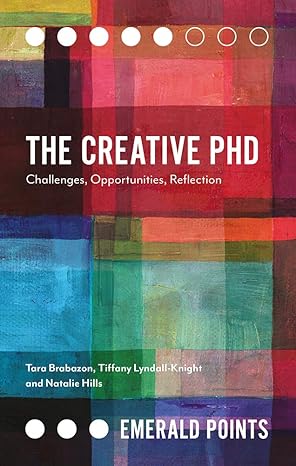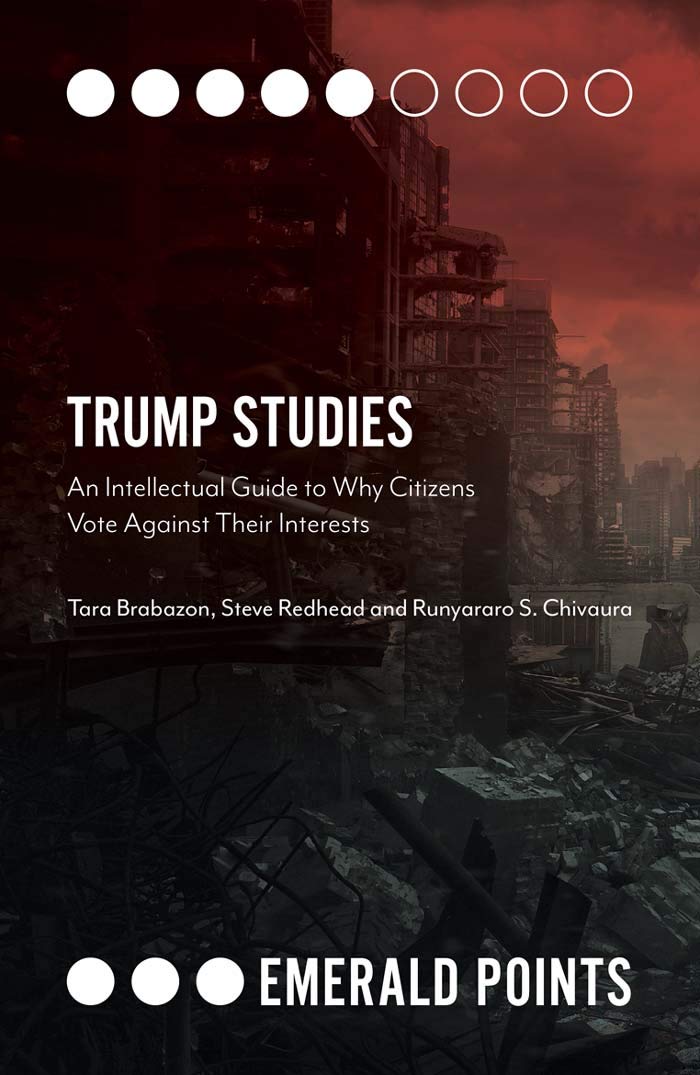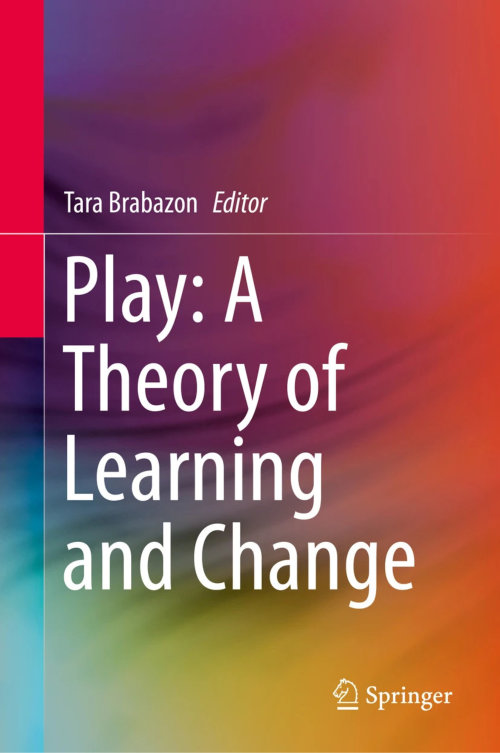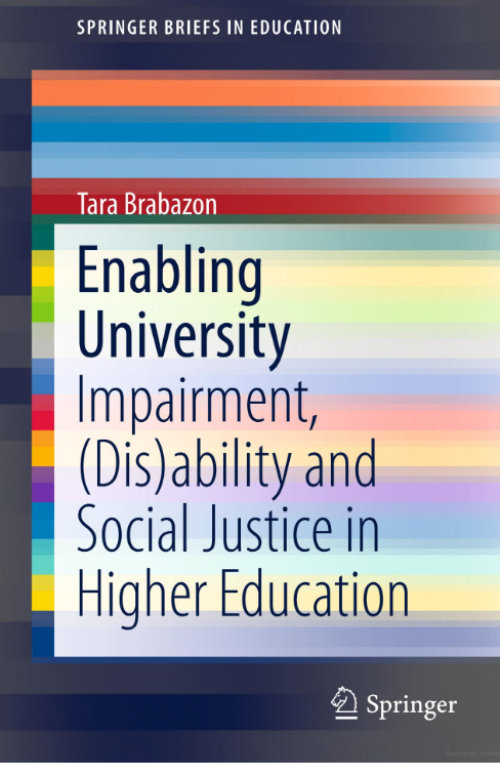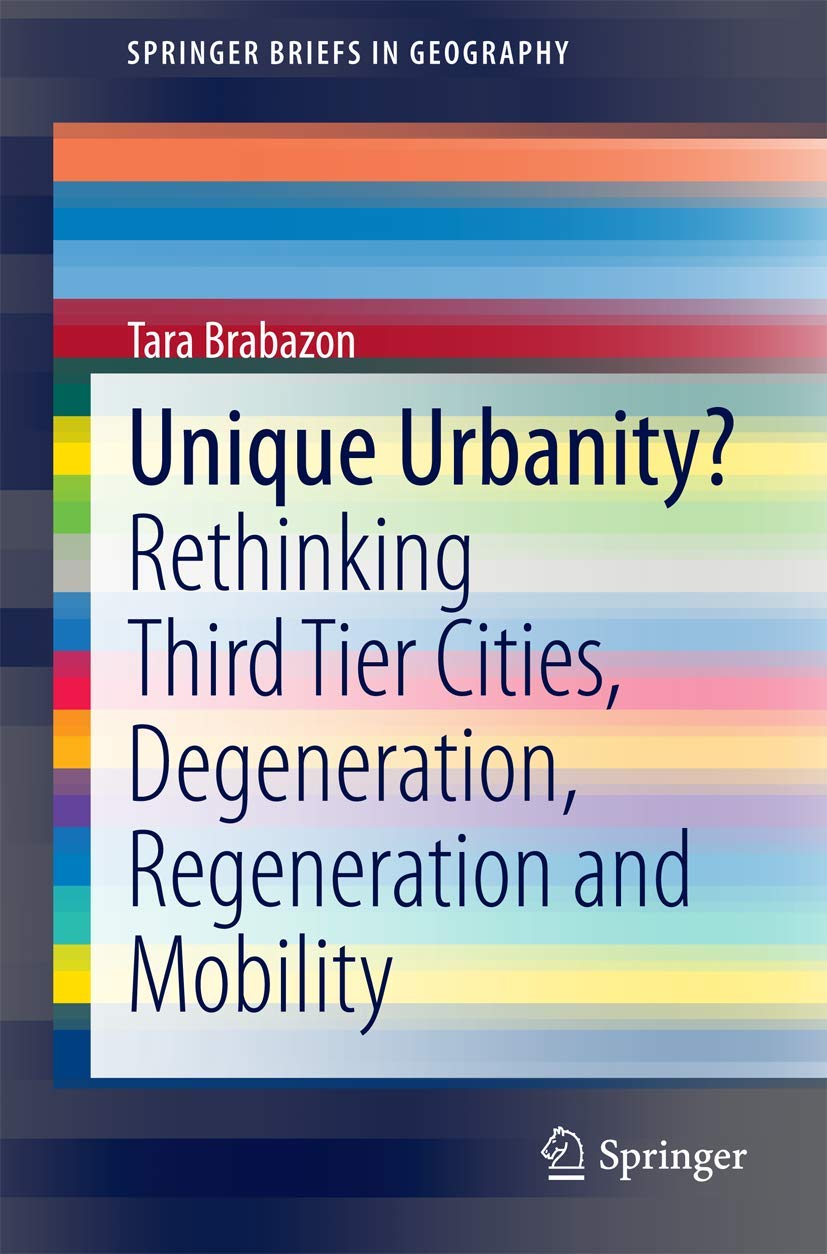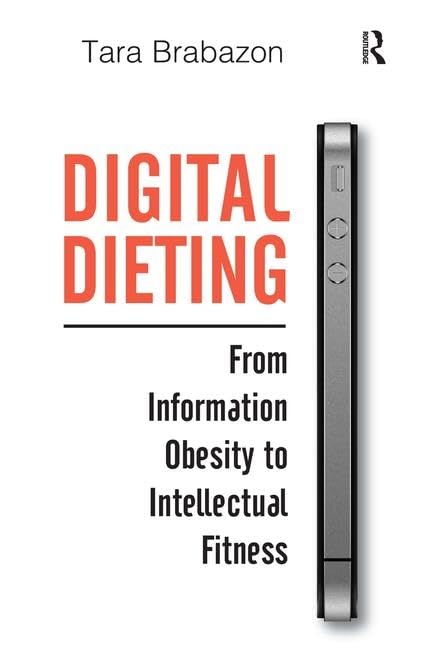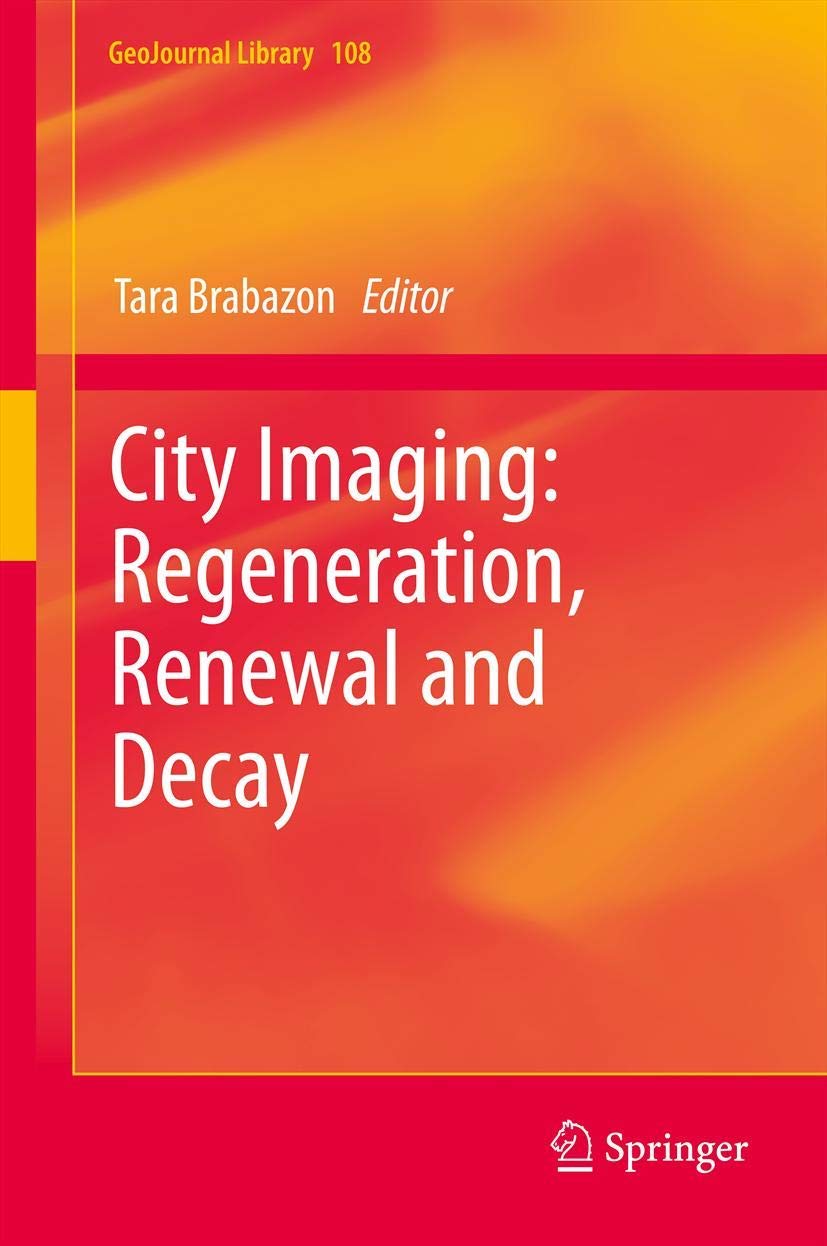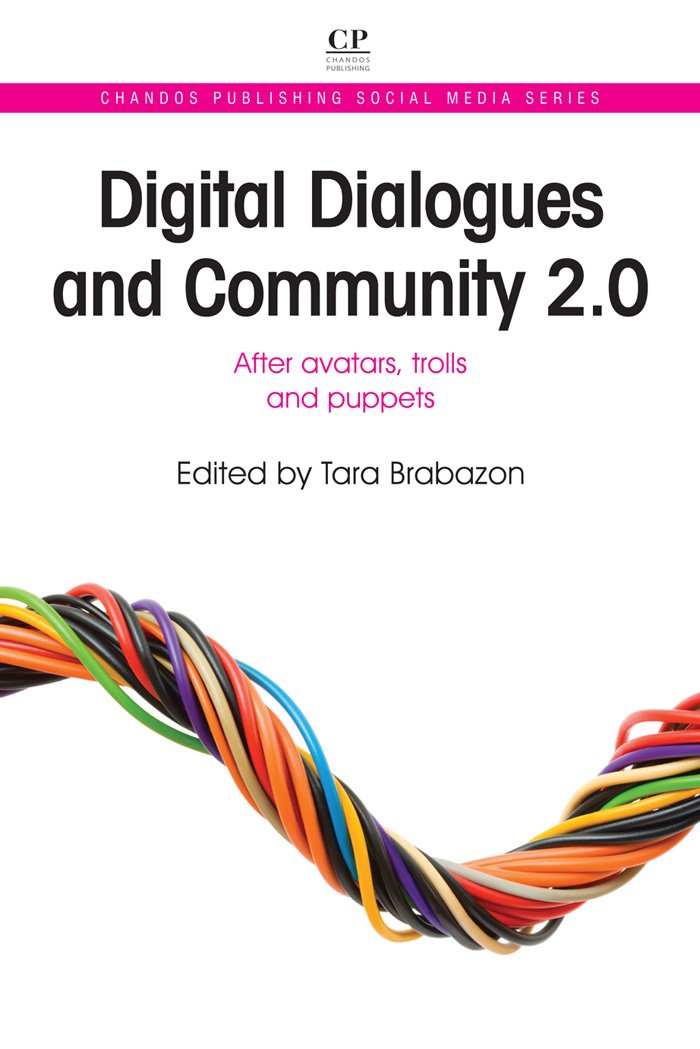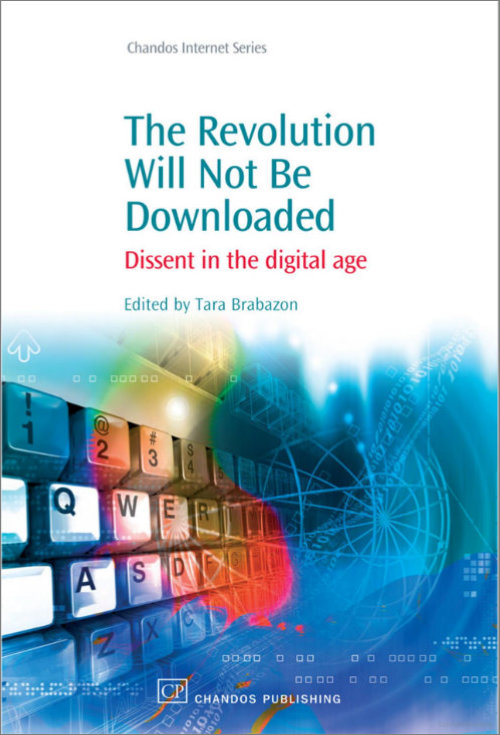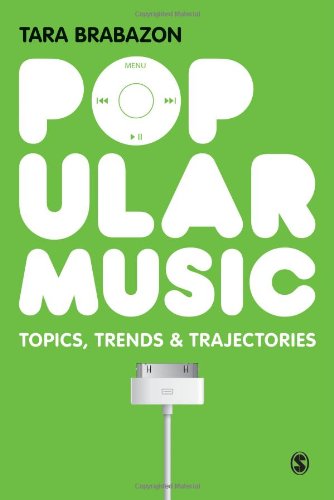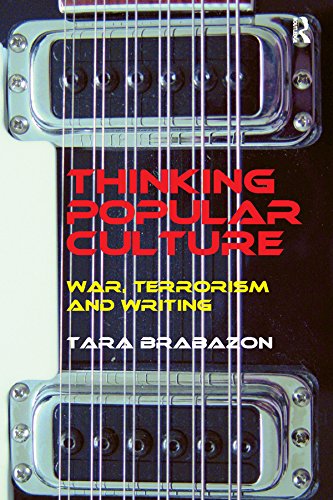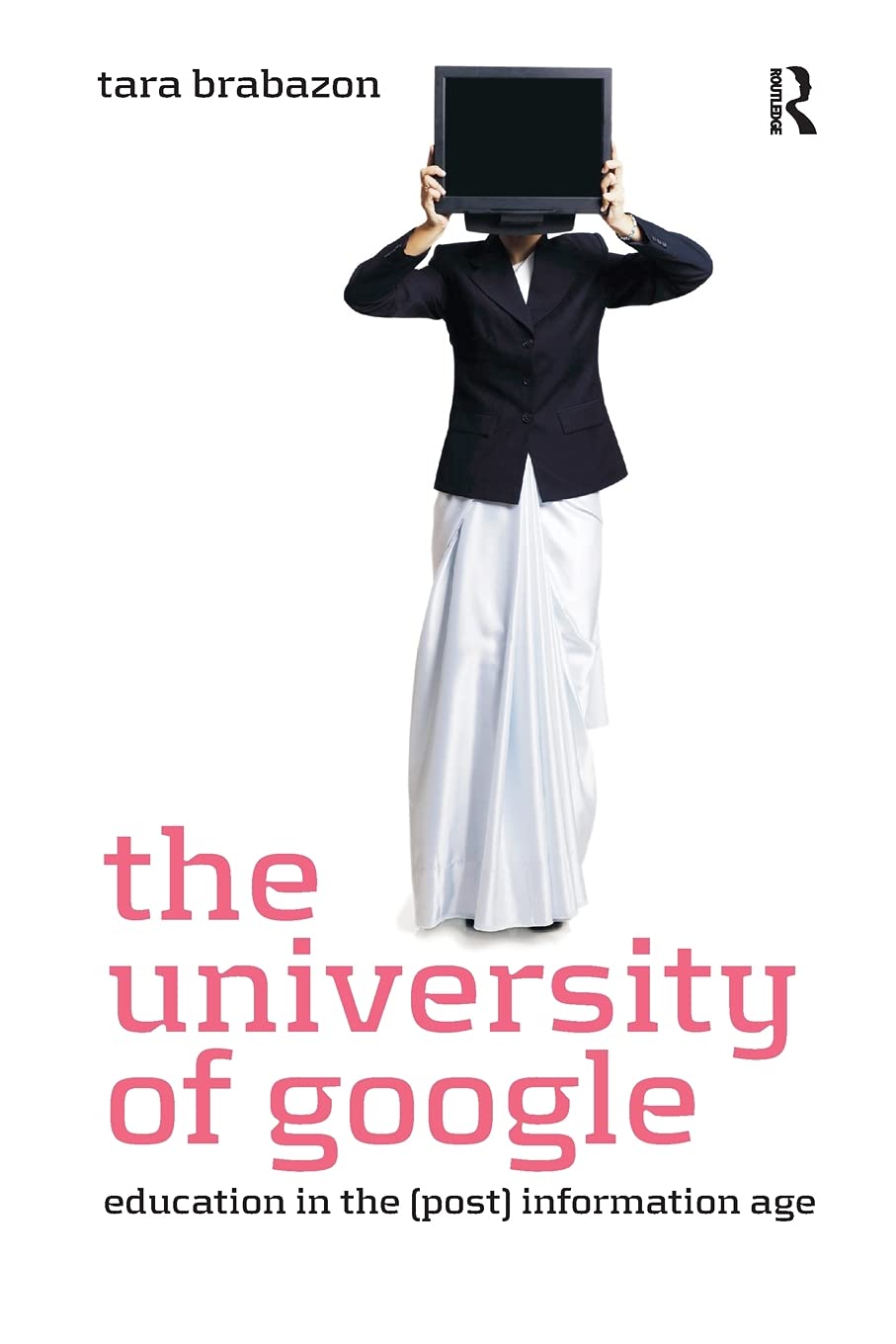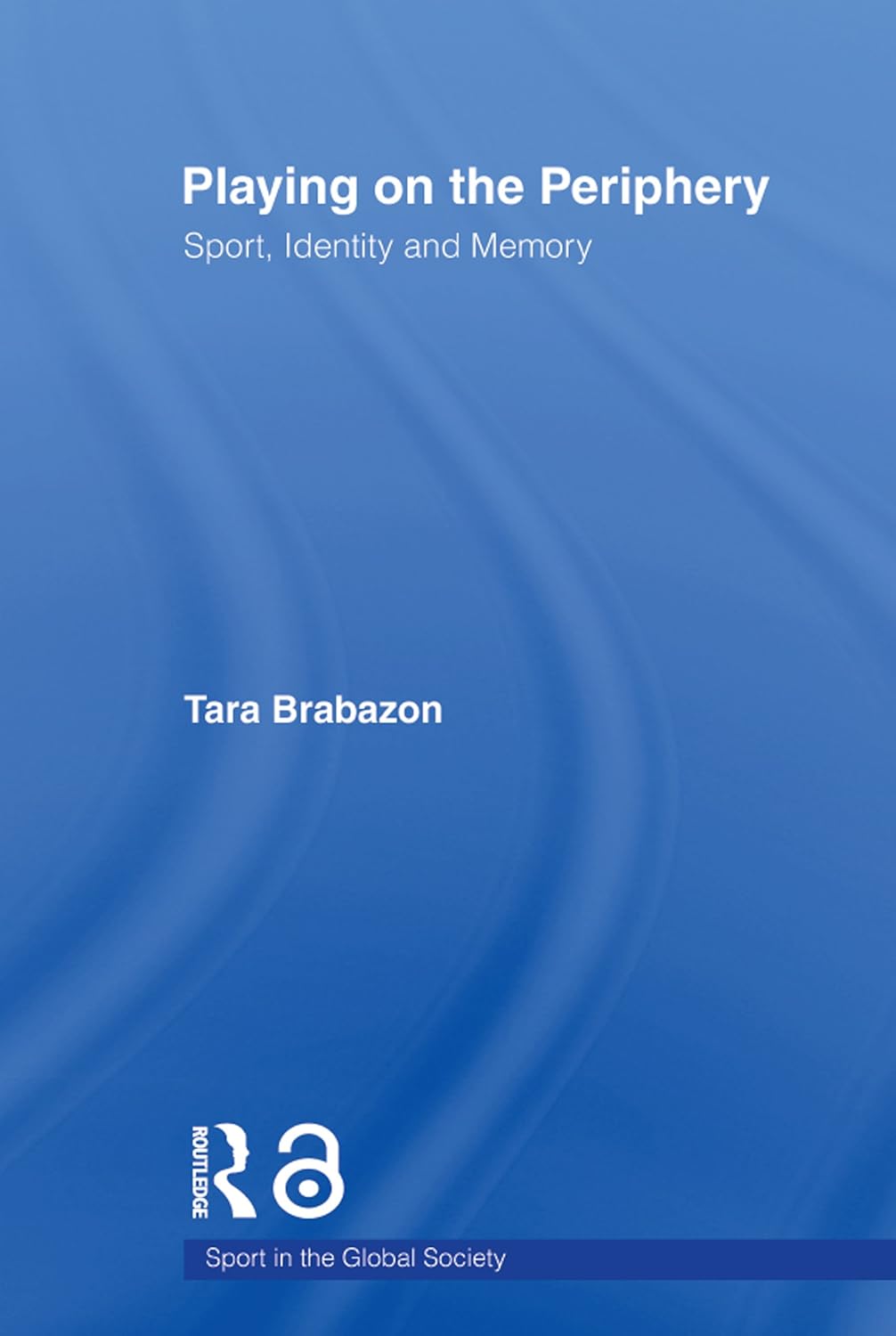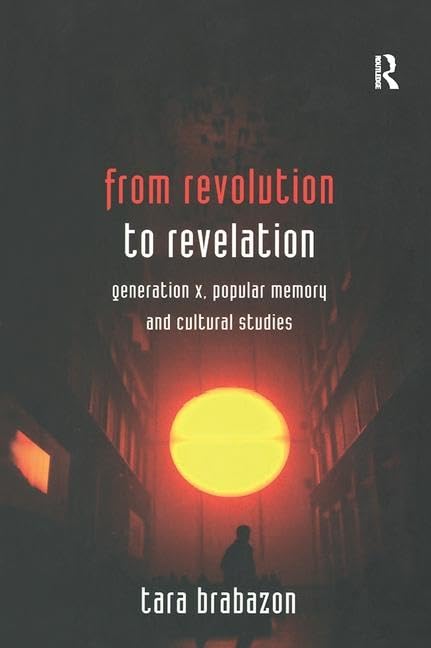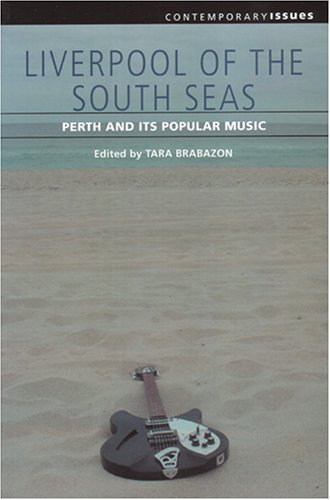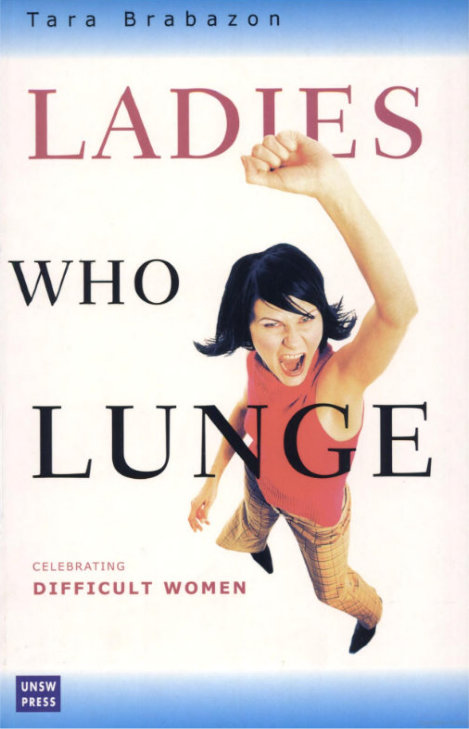Bookshelf
Welcome to my Bookshelf. I have presented all my books and audiobooks, and the locations where you can purchase, rent or loan them.
(Re)start
Moving from Despair to Defiance
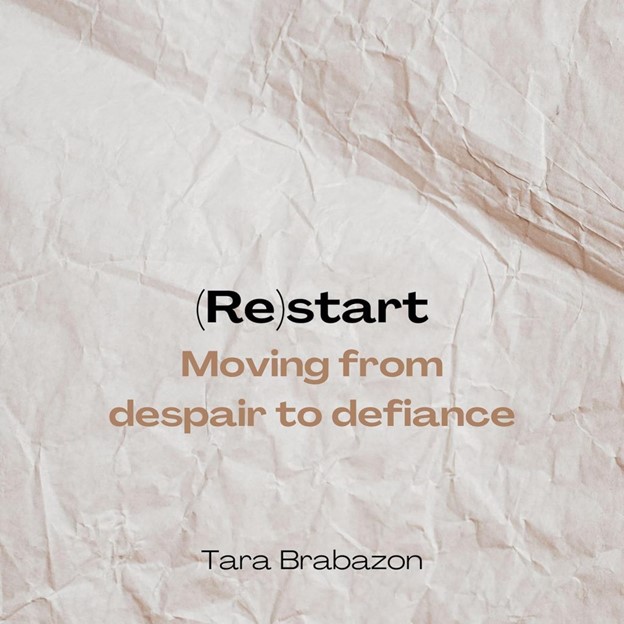
Read Book Summary
(Buffalo: Author’s Republic, 2024)
How do we make change, particularly in difficult times? How to do we transcend the confusion, anger and fear? While clichés like quiet quitting and deaths of despair punctuate our present, why do these phrases–and these tragic realities–exist?
This book–(Re)start: Moving from Despair to Defiance–walks with you through change. To restart. To return meaning to your life in a careful, embedded, and compassionate way. We build a mattering map for your life.
The Three Wise Monkeys
of Research
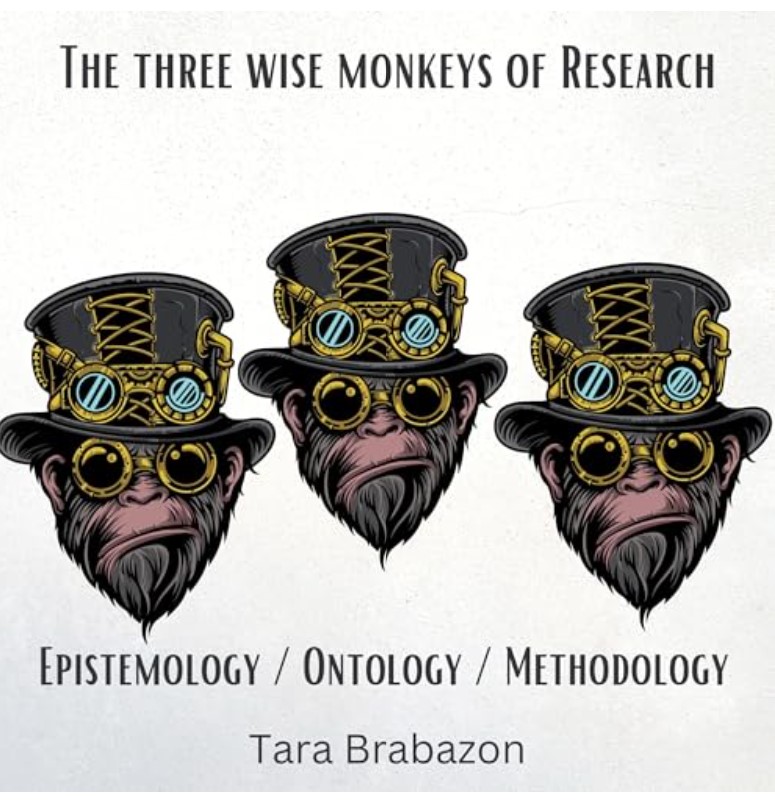
Read Book Summary
Buffalo: Author’s Republic, 2023, ISBN: 9798823481427
Research is anchored by assumptions. How do we complete research—and why? This book—The Three Monkeys of Research—explores epistemology, ontology and methodology. Tara Brabazon explores how ideas become knowledge, and how arguments are verified, believed and disseminated to scholars, stakeholders and citizens.
Know What You
Do Not Know
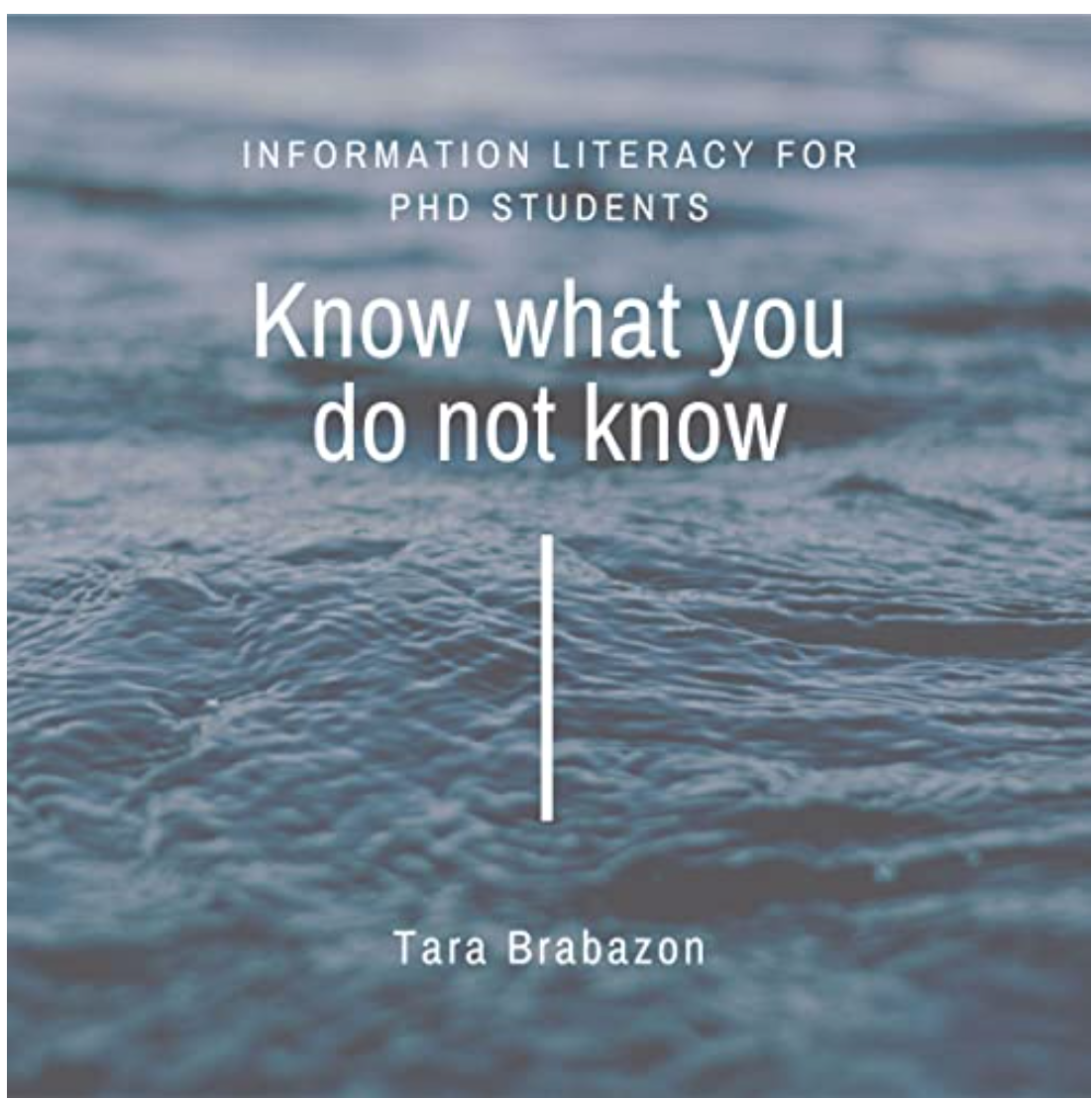
Read Book Summary
Buffalo: Author’s Republic, 2023, ISBN: 9798823458382
The University of Google. ChatGPT. Twitter pile-ons. How do we manage chaos and crises, confusion and catastrophes? How do we understand the difference between the urgent and important, the trivial and significant?
Information literacy is about as attractive as teeth extraction. However, for PhD students and citizens more generally, information literacy enables us to sift and sort knowledge from opinion, and expertise from a vibe.
Know What You Do Not Know: Information Literacy for PhD Students provides a context around the folk devils of our time: plagiarism, self-plagiarism, influencers and populists. Most importantly, Know What You Do Not Know demonstrates how to take notes, how to reference with clarity, and how to build an opinion into a referenced and considered argument.


